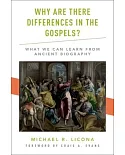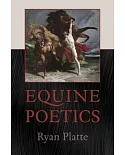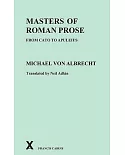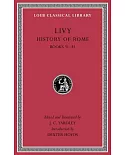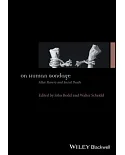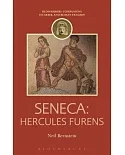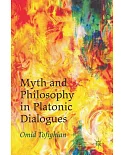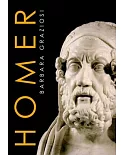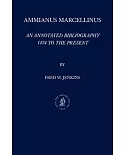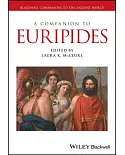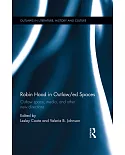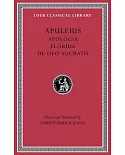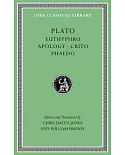A key figure in the development of Western literature, the Greek poet Theocritus of Syracuse, was the inventor of "bucolic" or pastoral poetry in the first half of the third century BC. These
vignettes of country life, which center on competitions of song and love are the foundational poems of the western pastoral tradition. They were the principal model for Virgil in the Eclogues
and their influence can be seen in the work of Petrarch and Milton. Although it is the pastoral poems for which he is chiefly famous, Theocritus also wrote hymns to the gods, brilliant mime
depictions of everyday life, short narrative epics, epigrams, and encomia of the powerful. The great variety of his poems illustrates the rich and flourishing poetic culture of what was a
golden age of Greek poetry.
Based on the original Greek text, this accurate and fluent translation is the only edition of the complete Idylls currently in print. It includes an accessible introduction by Richard Hunter
that describes what is known of Theocritus, the poetic tradition and Theocritus' innovations and what exactly is meant by "bucolic" poetry.





